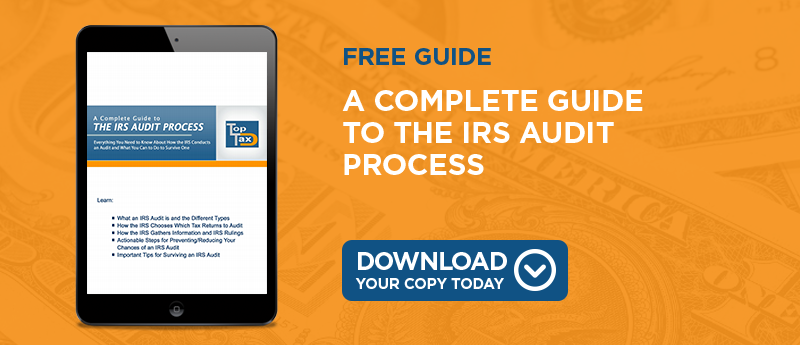
Many workers love the idea of being self-employed, but working as an independent contractor can carry its own concerns. While independent contractors are entitled deduct taxes for their businesses, they must also keep up with their own Social Security and Medicare tax payments. By the end of the year, this tax liability can cause them to incur an estimated tax penalty. Avoiding these and other important tax mistakes can help independent contractors save at tax time. Here are the top five mistakes that independent contractors make.
1. Neglecting to consider estimated taxes.
Many independent contractors are caught unaware by estimated taxes, especially if they don't expect to turn a profit by year's end. The IRS does give contractors a little bit of a grace period, though. If you owe taxes with your return, you can pay them off over time. However, in the next tax year, the IRS will expect you to send in estimated taxes to cover the possibility of owing additional tax again. You'll be required to send in a portion of this amount every quarter. This condition only applies if you expect to have $1,000 or more in tax liability.
2. Missing out on valuable business deductions.
Since independent contractors qualify for the same business deductions as self-employed taxpayers, neglecting to claim a few of these can seriously affect your taxes. Some contractors who legitimately work out of the home are afraid to claim the home office expense because they worry about being audited. If your deduction is legitimate, though, you should definitely claim it. Simply keep copies of your receipts and paperwork so that you can document your claim.
3. Failing to secure contractor status.
It may seem like a no-brainer, but it's essential that independent contractors have a clearly defined contract with their clients that explicitly states they are working as contractors. Without this supporting documentation, a contractor may find that the IRS views him or her as an employee, which would cause the agency to disallow all of those crucial business deductions.
4. Filing a late tax return.
Since contractors often have a lot of paperwork to keep up with, it can take them a while to gather everything they need to file. Make sure you avoid incurring a penalty for filing your taxes late by starting on your return as soon as possible after the end of the year.
5. Misusing payroll deposit funds.
If you're a contractor who has your own employees, set aside the federal payroll taxes from their pay every period and don't use it for any other purpose. Since you're only required to submit these taxes every quarter, it can be tempting to "borrow" them for a business use and then replenish the account later. This is a very dangerous practice. If you're unable to pay your quarterly payroll taxes, the IRS can legally close your business until you make restitution. Leave the payroll deposits alone and find another source of funding for your company.
Working as an independent contractor can be a fulfilling, flexible way to earn an income. If you avoid these top five independent contractor mistakes, you can ensure that you'll have a long and prosperous contracting career.




